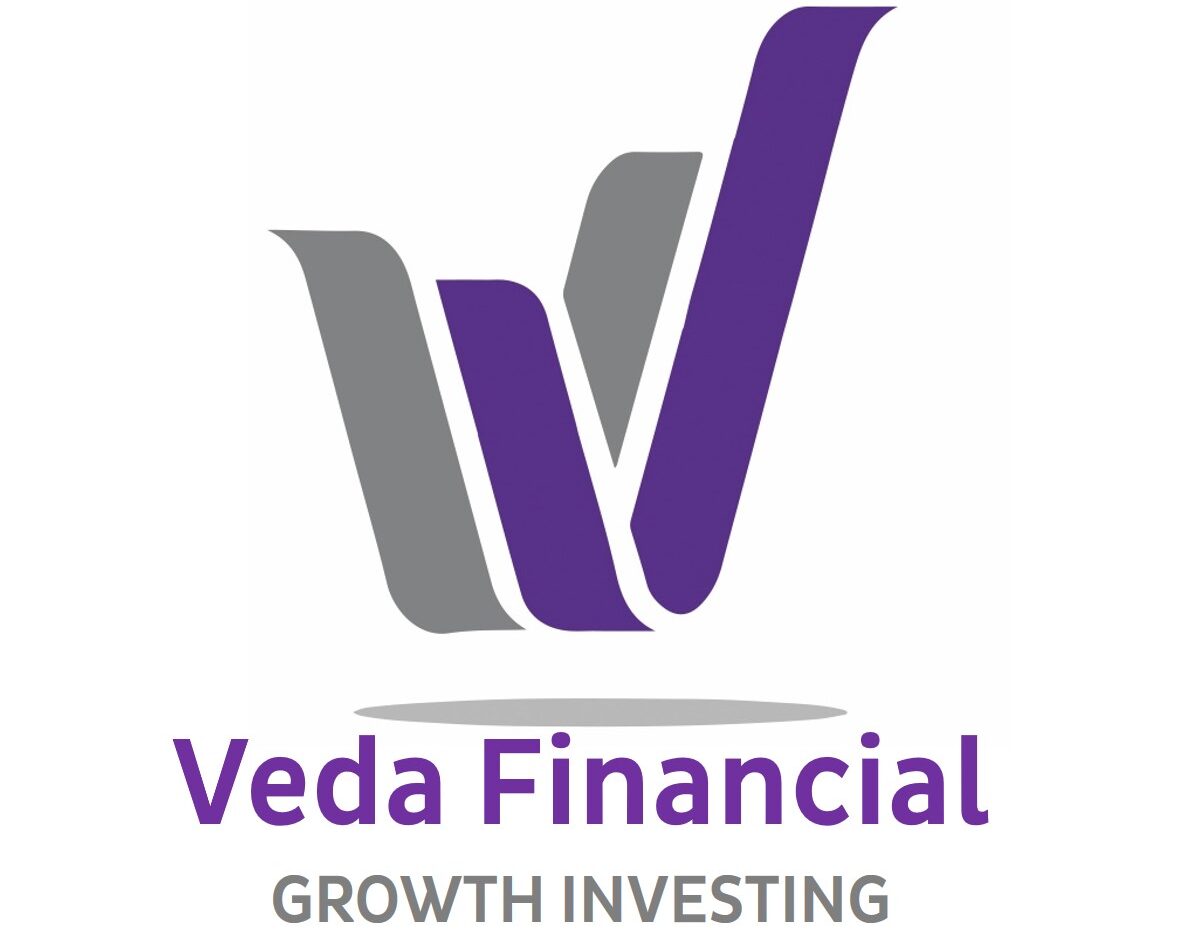In a recent Webinar hosted by Toni Dasgupta, the CEO of Veda Financial, she shared valuable insights into the US economy, personal finance, market forecast and the country’s overall financial climate.
She started the session with the financial experts’ assertion that a global recovery marked by a robust post-pandemic rebound will be the highlight of 2024.
In 2023 inflation concerns and rising prices resulted in tighter policies. In 2024 it is expected that the federal reserve will start reducing interest rates from the current highs. Consumer spending and resilience, and the expectation of improved corporate earnings point towards continued economic growth.
This article will delve into the key takeaways from the webinar, exploring the outlook for 2024 and highlighting potential asset classes and investment opportunities.
The US is expected to see a moderate inflation rate of 3.4%, expecting a growth of corporate earnings of 11%, compared to 0.8% in 2023.
In developed international markets, corporate earnings are expected to grow 6.
6% in 2024. Emerging markets, which experienced a decline of -10.2% in corporate earnings last year, are expected to bounce back with around 17% growth in 2024.
Where to Invest in 2024?
US Equities: US equities continue to present a compelling option for investors. In 2023 the S&P 500 index increased by 24%. In the midst of a strong economy, and the prospect of growing corporate earnings, the US markets are generally expected to perform well in 2024.
Non-US Equities: Given the prolonged run of US growth stocks, and high valuations It is a good idea to explore non-US equities in 2024 for diversification purposes.
Fixed Income: While US equities dominate investment portfolios, allocating a portion to fixed income is recommended for risk management. Balancing core fixed income with flexible bond allocations targeting higher-yielding sectors, such as emerging markets debt, can be beneficial.
The significant narrative of 2023 revolved around AI, especially in the deployment of large language models like ChatGPT. The influence of AI will resonate across diverse sectors, encompassing semiconductors, chips, equipment, cloud computing, as well as AI software and apps. This opens up potential opportunities for investors to venture into uncharted paths and explore new possibilities.
According to Toni Dasgupta, an Investment advisor at Veda Financial, Registered Investment Advisory @Schwab, “This is an opportune moment to explore promising pockets of opportunity in overseas and emerging markets.”
International Emerging Markets: The Financial Scenario
India: India’s focus on infrastructure development makes it an attractive investment choice.
Indonesia: The country’s solid foreign investment inflows for electric vehicles (EVs) make it an appealing destination.
Mexico: Mexico’s emergence as a manufacturing hub provides investment opportunities.
Moreover, despite China’s slower growth in recent times, it is likely to emerge strongly with its supply chain reconstruction and the relatively cheap valuation stock valuations can provide opportunities.
Portfolio Recommendations:
Toni Dasgupta divided the investment portfolio into three categories:
- Investors looking for growth
- Investors looking for moderate growth
- Investors with conservative income retirement options
Depending on your age and financial goal, you can choose any of these investment categories to build your financial portfolio:
Portfolio construction: When constructing a portfolio, it is wise for investors to align asset allocation with their investment objectives and long-term return expectations. This involves maintaining diversification while strategically navigating pockets of opportunity within the current economic and monetary climate.
Non-US Equities: Given the prolonged growth of US equities, exploring non-US equities for diversification can be advantageous.
Balancing Core Fixed Income with Flexibility: Investors can offset core fixed income with flexible bond allocations in income-oriented portfolios, especially targeting higher-yielding sectors like emerging markets debt.
Attractive Valuations in Mortgage-Backed Securities: Income-oriented portfolios may find attractive valuations in mortgage-backed securities. However, investors need to be cautious of leverage.
Conclusion
As 2024 approaches, investors should consider the market forecast and make informed decisions about asset allocation. The Veda Financial webinar highlighted the potential for growth in US and non-US equities, the impact of AI on different industries, and investment opportunities in emerging markets. By staying flexible, investors can position themselves strategically for success in the upcoming year.
Disclaimer: None of the above information is intended as investment advice. Investors are encouraged to research and seek professional guidance when making investment decisions.
For further details, get in touch with us at via email or visit our website.






